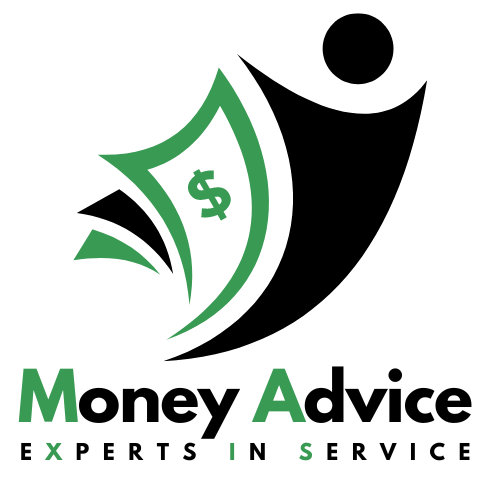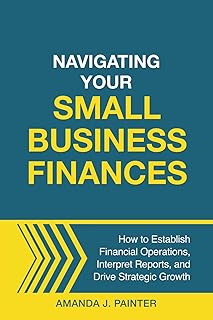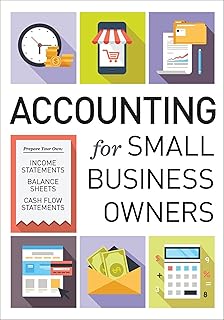During the COVID-19 pandemic, the Small Business Administration (SBA) provided a lifeline to over 3.9 million small business owners through Economic Injury Disaster Loans (EIDL). These 30-year loans came with a fixed interest rate of 3.75%, offering financial support to struggling businesses. While payment pauses were initially granted, the deferment periods have now ended, and businesses are required to resume making payments.
Unlike Paycheck Protection Program (PPP) loans, EIDL loans are not forgivable and must be repaid. Some businesses are facing challenges in meeting these obligations, especially those that had to close during the pandemic. However, only loans exceeding $200,000 required a personal guarantee.
For businesses struggling to make EIDL loan payments, the EIDL Hardship Accommodation Plan provided temporary relief. This program required businesses to pay at least 10% of their monthly payment amount for six months, with larger payments being optional. The program did not halt interest accrual, meaning the loan balance continued to grow. Borrowers who deferred payments could face a balloon payment at the end of the 30-year term.
While the EIDL Hardship Accommodation Plan is no longer available, small business owners with COVID-19 EIDL loans were eligible to request hardship assistance. The SBA offered flexibility in granting these requests due to the large number of loans and relatively low eligibility requirements.
Businesses could enroll in the Hardship Accommodation Plan 60 days before their first payment was due. The process varied based on the loan amount: for loans under $200,000, borrowers could enroll through the Capital Access Financial System (CAFS) SBA loan account, while loans exceeding $200,000 required contacting the COVID-19 EIDL Servicing Center.
It’s important to note that EIDL loans do not impact credit reports, and utilizing the hardship program should not affect personal or business credit. However, loans over $25,000 may result in a UCC filing on business credit reports, potentially affecting future loan applications.
In addition to the hardship assistance program, small business owners were encouraged to explore free counseling services offered by the SBA and its partners like SCORE or Small Business Development Centers. These resources could provide valuable guidance and support during challenging times.
The EIDL loan program played a crucial role in supporting businesses through the pandemic, offering favorable terms and long repayment periods. While the hardship accommodation program provided temporary relief, businesses were advised to leverage other resources to strengthen their financial position and navigate through uncertainties.
📰 Related Articles
- NFIB Report Reveals Small Businesses Lag in AI Adoption
- Financial Support Initiatives Empower NSW Small Businesses for Growth
- Expert Guide: Best Small Business Loans and Financing Trends 2025
- Denham Springs Small Businesses Thrive with Local Shopping
- Compact Printers Revolutionize Efficiency for Small Businesses

 Real Estate Secrets
Real Estate Secrets Side Hustle
Side Hustle Stock Market
Stock Market





 Homeowner’s Code
Homeowner’s Code Rattle the Market
Rattle the Market